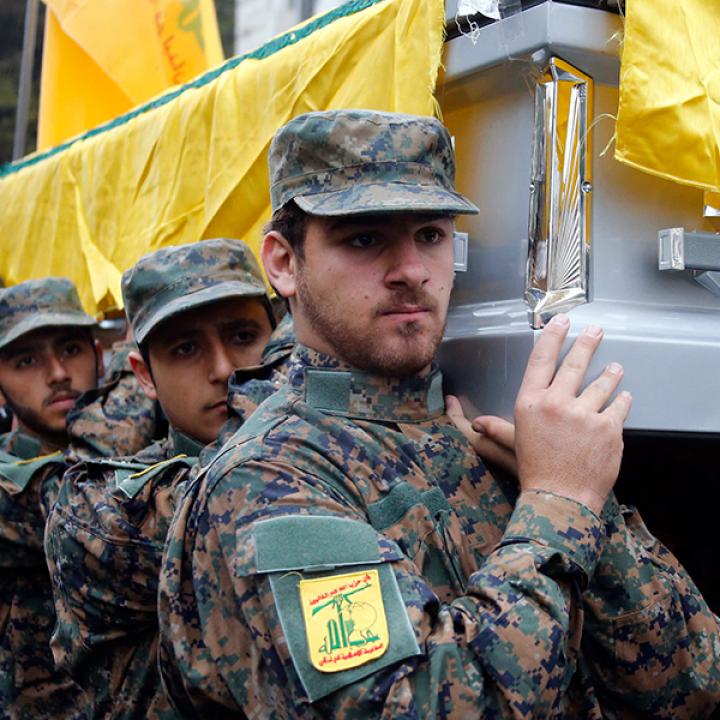

By siding with the Assad regime and taking up arms against Sunni rebels, Hezbollah has placed itself at the epicenter of a sectarian conflict that has nothing to do with its purported raison d'etre of fighting Israel.
Over the past few years, a series of events has exposed some of Hezbollah's covert and militant enterprises in the region and around the world, challenging the group's standing at home and abroad. Hezbollah operatives have been indicted for the murder of former Lebanese Prime Minister Rafiq Hariri by the UN Special Tribunal for Lebanon in The Hague, arrested on charges of plotting attacks in Nigeria, and convicted on similar charges in Thailand and Cyprus. Hezbollah's criminal enterprises, including drug running and money laundering from South America to Africa to the Middle East, have been targeted by law enforcement and regulatory agencies. And shortly after the European Union blacklisted the military wing of Hezbollah, the Gulf Cooperation Council followed suit, banning the provision of financial or other support for the group from GCC countries, and began deporting suspected Hezbollah supporters.
But all this pales in comparison to the existential challenges Hezbollah faces over its active participation in the war in Syria. By siding with the Assad regime, the regime's Alawite supporters, and Iran, and taking up arms against Sunni rebels, Hezbollah has placed itself at the epicenter of a sectarian conflict that has nothing to do with the group's purported raison d'etre: "resistance" to Israeli occupation. After Hezbollah Secretary General Hassan Nasrallah gave a speech in August 2013 defending the group's activities in Syria as part of its "resistance" against Israel, one Shiite Lebanese satirist commented that, "Either the fighters have lost Palestine on the map and think it is in Syria (or) they were informed that the road to Jerusalem runs through Qusayr and Homs," locations in Syria where Hezbollah has fought with Assad loyalists against Sunni rebels. Now, in 2014, with Hezbollah's credibility as a resistance group on the line, the group's activities in Syria place it at odds with the majority of Sunni Palestinians, especially those in Lebanon and Syria where the conflict is felt most acutely...
Download the PDF to read the full article.
PRISM




